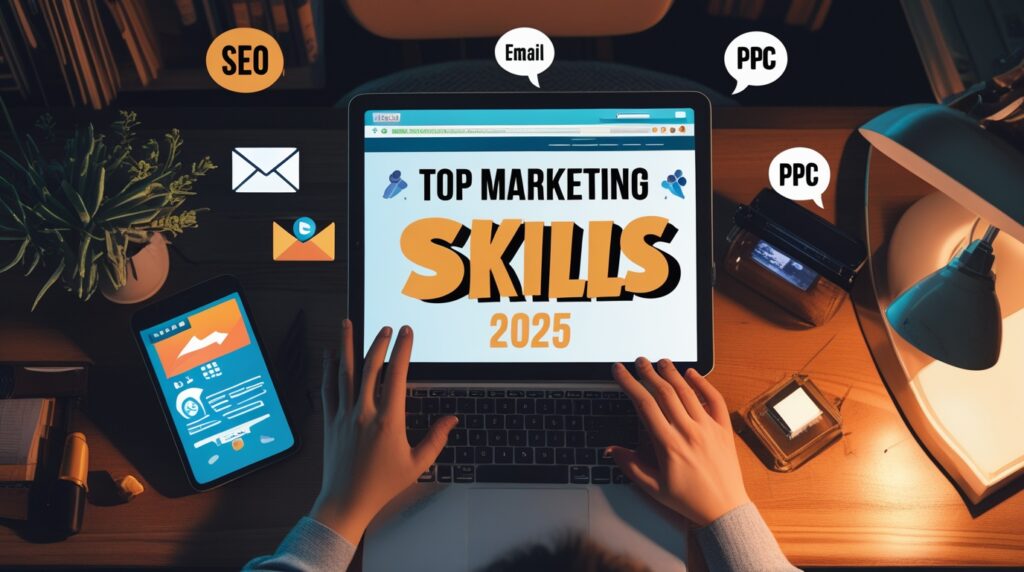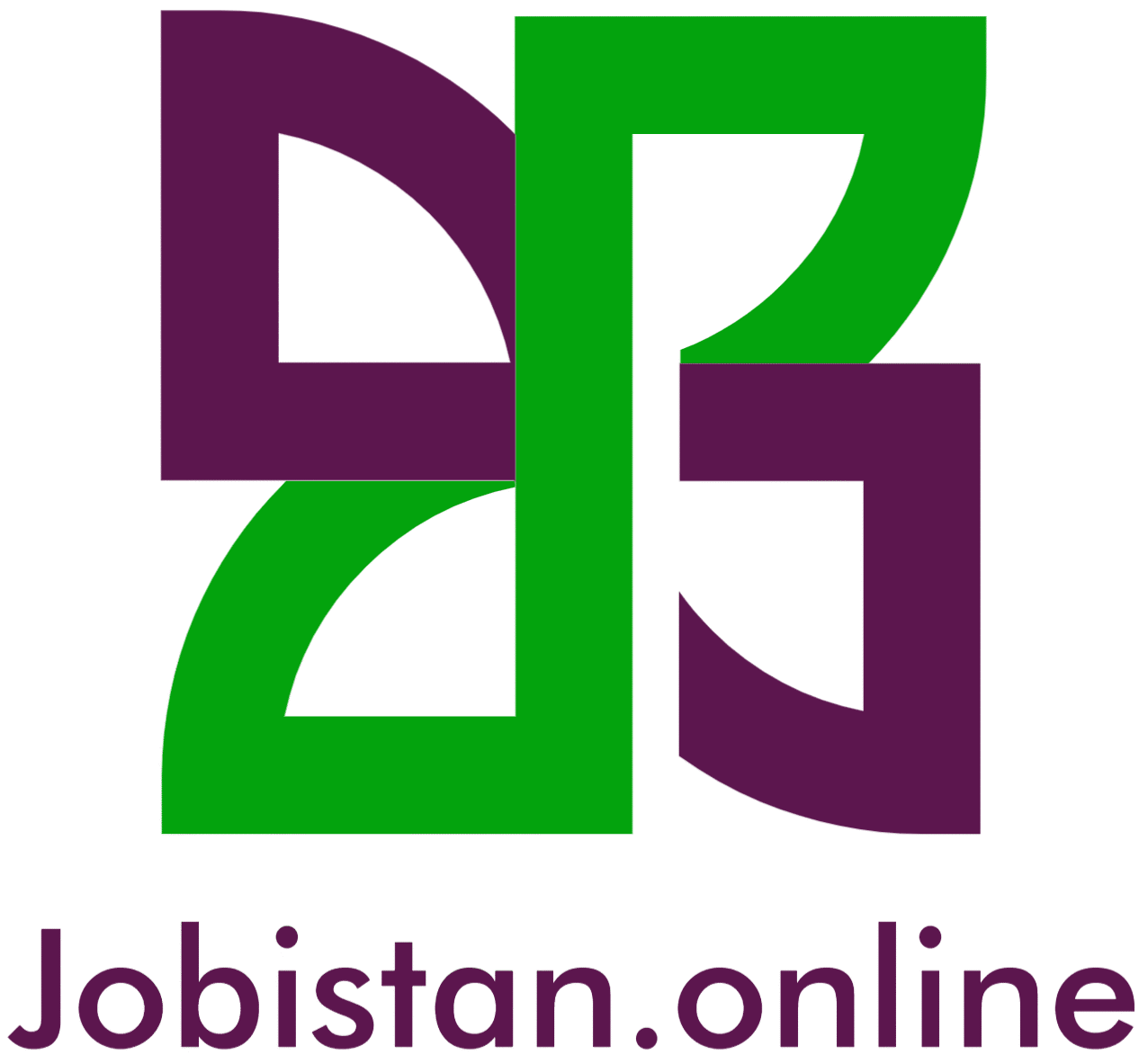The world of sales and marketing is evolving faster than ever. With advancements in technology, shifts in consumer behavior, and a growing emphasis on global markets, the skills that were once enough to land a job are no longer sufficient. Whether you’re a fresh graduate, a mid-career professional, or someone looking to switch to a more dynamic role, staying competitive in 2025 requires a clear understanding of the top sales and marketing skills employers seek.
This guide will discuss emerging trends, critical skills, and actionable steps to keep you ahead of the curve in a fast-changing industry.
The Shift in Global Sales and Marketing Trends
Sales and marketing are no longer confined to cold calls and catchy print ads. The landscape has shifted, fueled by technology and globalization. Here’s a look at the most significant trends shaping the industry:
Digital Transformation and AI Integration
Artificial Intelligence (AI) is no longer a futuristic concept. It’s already redefining how sales and marketing operate. Companies leverage AI to stay ahead, from AI-driven chatbots that enhance customer experiences to predictive analytics that guide marketing campaigns. Professionals who can effectively use AI tools will be indispensable.
The Rise of Data-Driven Marketing
Successful campaigns in 2025 will be those driven by numbers, not just creativity. Data analytics helps marketers track performance, understand customer behavior, and optimize campaigns in real-time. Businesses are increasingly relying on data engineers and analysts to guide their strategies.
Global Versus Local Consumer Targeting
With globalization, businesses are marketing to a more diverse audience, but localizing campaigns is just as critical. Adapting global strategies to cater to specific cultural nuances will be a key skill for marketers to master.

Top Sales Skills to Master in 2025
Sales professionals are the driving force behind business growth, making their role crucial. However, the skills needed to succeed have shifted significantly. Here’s what job seekers should focus on:
1. Emotional Intelligence
Building strong, lasting relationships with clients requires more than just product knowledge. Emotional intelligence (EI), which includes empathy, active listening, and effective communication, will be essential for understanding client needs and creating meaningful connections. Sales professionals who excel in EI will stand out in a competitive market.
2. Digital Fluency
The sales landscape is increasingly dominated by technology. Familiarity with Customer Relationship Management (CRM) software, data analysis tools, and digital communication platforms will help professionals streamline their workflow and make data-driven decisions. Staying updated on the latest tech innovations will be vital for success.
3. Consultative Selling
Gone are the days of generic sales pitches. Modern buyers value a consultative approach where salespeople act as trusted advisors. This involves thoroughly understanding the customer’s business challenges and tailoring solutions that address their unique needs.
4. Adaptability
Change is a constant in the world of sales, especially given the rapid developments in technology and market trends. Adaptability and openness to new skills or approaches will help professionals maintain their edge and thrive in unpredictable environments.
Consultative Selling
Gone are the days of hard-selling. Businesses want salespeople who can understand their clients’ needs and offer tailored solutions. Building trust and fostering long-term relationships will be central to consultative selling.
CRM Tools Proficiency
Tools like HubSpot, Salesforce, and Zoho are redefining customer management. Sales professionals must be well-versed in using CRM tools to manage pipelines, track leads, and personalize communication.
Virtual and Remote Selling
With more businesses operating remotely, virtual selling has become mainstream. Sales professionals must excel in conducting persuasive Zoom calls, virtual product demos, and maintaining client relationships online.
Negotiation and Storytelling
The art of persuasion is timeless, but storytelling makes it unforgettable. Crafting compelling narratives around products or services is an underrated but essential skill to close deals in a competitive market.
Top Marketing Skills in Demand
Marketing in 2025 is all about blending creativity with technology. Whether you’re an aspiring content creator or an established strategist, here are the skills to focus on:
SEO and Content Marketing
Search Engine Optimization (SEO) will remain one of the top marketing priorities. Content marketing that integrates SEO effectively will ensure higher visibility and engagement. Knowing how to optimize blogs, website copy, and even videos is crucial.
Social Media Strategy
Platforms like Instagram, LinkedIn, and TikTok provide more than just entertainment. They’re powerful tools for brand storytelling and customer engagement. Marketers must master creating tailored content for each platform while analyzing and responding to its performance.
Email Marketing and Automation
Email might be one of the oldest internet technologies, but it’s far from obsolete. Mastering tools like Mailchimp or ActiveCampaign to create automated, personalized email funnels will be invaluable.
Analytics and Performance Tracking
The ability to track campaign performance using tools like Google Analytics, SEMrush, and heatmap platforms ensures every marketing dollar is spent wisely.
Influencer and Affiliate Marketing
Partnerships with content creators or affiliates can build trust with target audiences. Marketers who can identify the right influencers or affiliates and structure collaborations effectively will rise to the top.
Content Marketing Strategy
Creating high-quality, engaging content remains at the heart of any successful marketing strategy. From blog posts and videos to podcasts and ebooks, providing valuable content tailored to the audience’s needs fosters trust and builds long-term relationships. Companies focusing on storytelling and delivering actionable insights will stand out in crowded markets.
Search Engine Optimization (SEO)
A strong SEO strategy drives organic traffic and increases brand visibility. This includes keyword research and on-page optimization, building backlinks, and ensuring mobile-friendly website design. Staying updated on search engine algorithm changes and prioritizing user experience will keep businesses ahead of the curve.

Tools and Platforms to Learn These Skills
The right tools can accelerate your learning and application of the abovementioned skills. Start exploring these:
- CRM Platforms for sales professionals, including Salesforce and HubSpot. Both are industry leaders in managing customer relationships effectively.
- SEO and Content Marketing Tools like SEMrush, Moz, and Google Analytics, which guide successful content strategies.
- Email Automation Platforms like Mailchimp and Klaviyo to manage campaigns and send personalized emails.
- Online Learning Platforms like Coursera, LinkedIn Learning, and Udemy offer specialized courses on digital marketing, sales techniques, and analytics.
Investing time in mastering these platforms is a must to stay relevant.
Additionally, staying updated with industry trends and consumer behavior is critical for success in the digital age. Subscribing to reputable blogs, podcasts, and newsletters like HubSpot Blog, MarketingProfs, and Neil Patel’s Blog can provide valuable insights and actionable tips. Participating in webinars and attending virtual or in-person conferences like Content Marketing World or Social Media Week also helps professionals network and learn from experts. By leveraging these resources and continuously evolving skills, marketers and business professionals can maintain a competitive edge and deliver impactful results.
How to Build a Resume for Sales and Marketing Roles
Your resume is often your first introduction to a potential employer. Make it count by focusing on these elements:

Key Buzzwords Recruiters Look For
Highlight terms like “data-driven,” “growth hacking,” “CRM,” “lead generation,” and “ROI.” These keywords signal expertise in areas recruiters prioritize.
Metrics and Achievements That Matter
Back up your skills with numbers. For example, instead of saying, “Managed social media campaigns,” say, “Led Instagram campaigns that increased engagement by 45% within three months.”
Tailored Content
Customize your resume for each job application. Highlight the skills and experiences most relevant to the role you’re applying for.
Where to Find Sales and Marketing Jobs
Finding the right opportunities matters just as much as having the right skills. Use these platforms to search for jobs:
Top Global Job Portals
- LinkedIn: The go-to platform for professional networking also features tailored job listings.
- Indeed and Glassdoor: Both are excellent for finding opportunities across industries.
- Jobistan.online: A great resource for discovering remote and international jobs.
Tips to Network with Hiring Managers
- Attend industry-specific webinars or workshops.
- Connect with recruiters on LinkedIn with a personalized message.
- Share your knowledge on professional platforms to build thought leadership.
- Utilize alum networks and attend networking events.
- Join professional associations relevant to your field.
- Volunteer for industry-related projects or initiatives.
- Utilize your existing network and ask for referrals or introductions.
- Attend career fairs and job expos.
- Utilize informational interviews to learn about different companies and roles.
- Participate in online forums and discussions related to your field of interest.
Networking with hiring managers increases your chances of getting hired and helps you gain valuable insights into the company culture, interview process, and potential job opportunities. It is essential to approach networking with a genuine interest in building relationships rather than just trying to land a job. Building meaningful connections can lead.
Common Mistakes to Avoid During Job Hunting
- Applying Without Customizing Your Resume: Sending the same resume for every job application can diminish your chances of standing out. Tailor your resume and cover letter to highlight relevant skills and experiences for each role.
- Ignoring the Importance of Networking: Many job opportunities are filled through connections. Avoid isolating yourself and actively engage with professional communities.
- Failing to Research the Company: A Lack of knowledge about the company can make a poor impression during interviews. Be sure to understand the company’s mission, values, and recent achievements.
- Being Overconfident or Underselling Yourself: Striking the right balance is key during interviews. Present your skills confidently, demonstrating humility and a willingness to learn.
By being mindful of these pitfalls, you can position yourself more effectively for success in your job search.
Take Charge of Your Career in 2025
The sales and marketing landscape will continue to evolve, bringing challenges and exciting opportunities. Upskilling is no longer optional; staying relevant and competitive in the global job market is necessary.
Whether mastering CRM tools, perfecting SEO, or acing virtual selling, the key is to start now. Take that first step by exploring online courses, attending workshops, or joining professional networks. Beyond technical skills, invest time in building your brand. Combining your expertise and how you present yourself will truly set you apart.
The future is bright for those willing to learn, adapt, and thrive. Take control of your success story.

